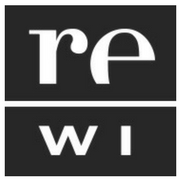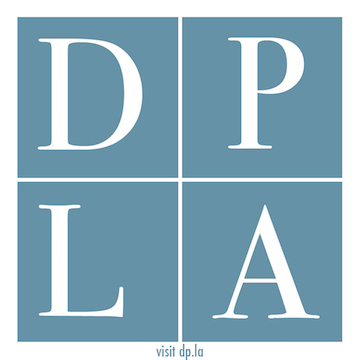
The Toolkit brings together resources for creating, managing, and sharing digital collections to address common concerns we often hear, like this one:
My digital collection is a mix of public domain and in-copyright materials. How will my users know what they can and can’t use?
Generally speaking, until recently there haven’t been widely used standards for how to describe the copyright status of digitized historical resources in a way that is easy to understand for both collection owners and end users alike. Collection developers (and their institutional legal teams for those that have them) have largely done their own work to describe their resources’ usage rights and copyright status in the best way possible. These can include the names or organizations that are copyright holders, general statements about intellectual property or fair use, contact information for the holding institution for specific usage or copyright questions, and so on.
DPLA recognized this as a significant barrier to the creation and use of digital cultural heritage collections. In 2017, DPLA and five other organizations formed the rightsstatements.org consortium to provide simple and standardized terms – ‘rights statements’ – that help institutions summarize the copyright status of their digitized cultural heritage objects and communicate how those objects may be used.
Within the rightsstatements.org structure, there are three basic copyright statuses – In Copyright, No Copyright, and Other. Within each status are different rights statements that describe the copyright status and usage rights more specifically. You can find the full descriptions of each of the 12 statements here.
Not only do these standardized rights statements help your users understand the copyright status of your digitized resources, they broaden opportunities for your collection to be more visible and discoverable through collaborative projects. For instance, DPLA and the Wikimedia Foundation are working together to bring DPLA resources into various Wikimedia endeavors, like Wikipedia, to supplement user-generated knowledge. However, only collections using standardized rights statements or Creative Commons licenses can be included.
Because we understand that time and staff resources needed for significant metadata enhancement are not available to most of our collection contributors, we do not require the use of these statements except for new collections. We do, however, want to ensure our content partners cultural heritage resources have the widest possible audience, so we have been working one-on-one to provide guidance on how to add rights statements to their resource metadata. Here are a few examples of Recollection Wisconsin content partners using standardized rights statements:
- Kilbourn Public Library of Wisconsin Dells/Lake Delton
- UW Digital Collections
- University of Wisconsin-Oshkosh
- Richard I. Bong Veterans Historical Center
We’ve developed a Rights Statements Implementation Guide and aggregated other resources to help our partners apply these statements to their collections; you can find them at the end of this article.
If you are interested in learning more or working with us to develop a strategy for implementing rights statements, let us know at info@recollectionwisconsin.org.
Here are some resources that can help:
- Recollection Wisconsin, Implementing Standardized Rights Statements
- Recollection Wisconsin, Digital Projects Toolkit – Copyright
- Minnesota Digital Library, Rights Review: An approach to applying Rights Statements from RightsStatements.org
- DPLA, Rights Portal
- PA Digital, “What is a Rights Statement?”
See past Toolkits at https://recollectionwisconsin.org/category/toolkit



You must be logged in to post a comment.